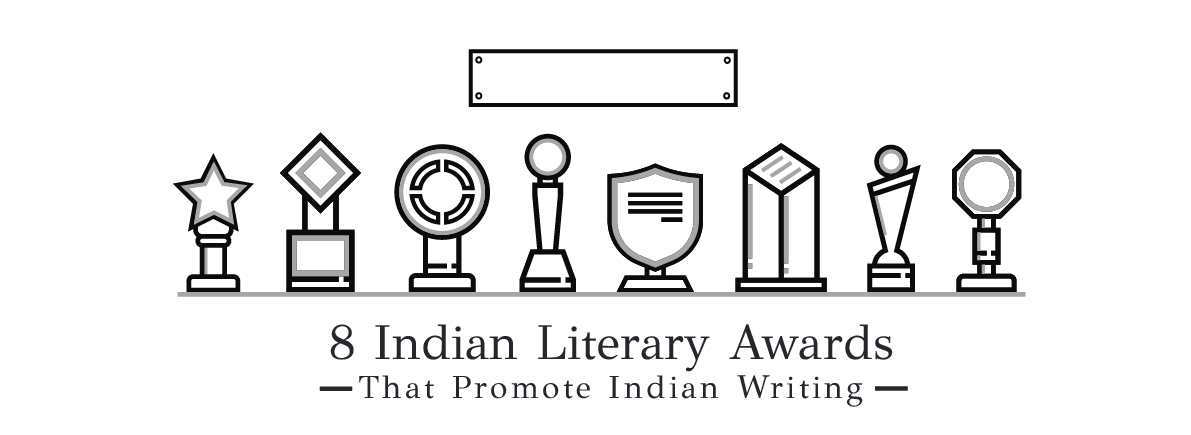
01
Jnanpith Award
Conceived in 1961 by Sahu Shanti Prasad Jain of the Times of India group, the Jnanpith Award is the highest literary award bestowed upon Indian authors by the Indian Government. Along with a statue of the Goddess Saraswati, the writer also gets a cash prize of Rs. 11 lakhs. Only an Indian citizen can win this award, and it has to be for a work in any one of the languages recognised in the Indian Constitution. The first recipient of the award was G. Sankara Kurup in 1965 for his Malayalam work Otakuzhal and the 2017 recipient is Krishna Sobti for her work in Hindi.
02
Sahitya Akademi
Established in 1954, this award is given annually to Indian writers who have written in any of the 24 languages recognised by the Sahitya Akademi. Along with a bronze (originally marble) plaque, the writer is awarded Rs. 1 lakh. In 2016, some of the winners were Jerry Pinto, for his English novel Em and the Big Hoom, Nasira Sharma, for her work Parijat in Hindi, and Kamal Vora for his Gujarati poetry Anekek. Interestingly, Rajasthani is also recognised as a language by the Sahitya Akademi despite not being an official Indian language.
03
Yuva Puraskar
Started in 2011, the Yuva Puraskar is an award given by the Sahitya Akademi to promote writing amongst youngsters. The awardee must be under the age of 35 and have written in one of the 24 languages recognised by the Akademi. The award consists of a cash prize of Rs. 50,000 and a copper plaque. 2017 winners included Raam Mori and Shamik Ghosh for their respective works Mahotu and Elvis O Amolasundari in Gujarati and Bengali respectively. Surprisingly, both were collections of short stories.
04
Crossword Book Award
A recent entry into literary awards, the Crossword Book Award was established by the national bookstore chain Crossword in an attempt to promote Indian writers writing in English. After the first year, it also includes an award for an Indian work that has been translated into English. Now, in its 15th year, the award has evolved into four jury awards and seven popular awards, including a Lifetime Achievement Award and a Management Book of the Year. In 2016, Amitav Ghosh won a jury award for Flood of Fire and Amish Tripathi won a popular award for Scion of Ikshvaku.
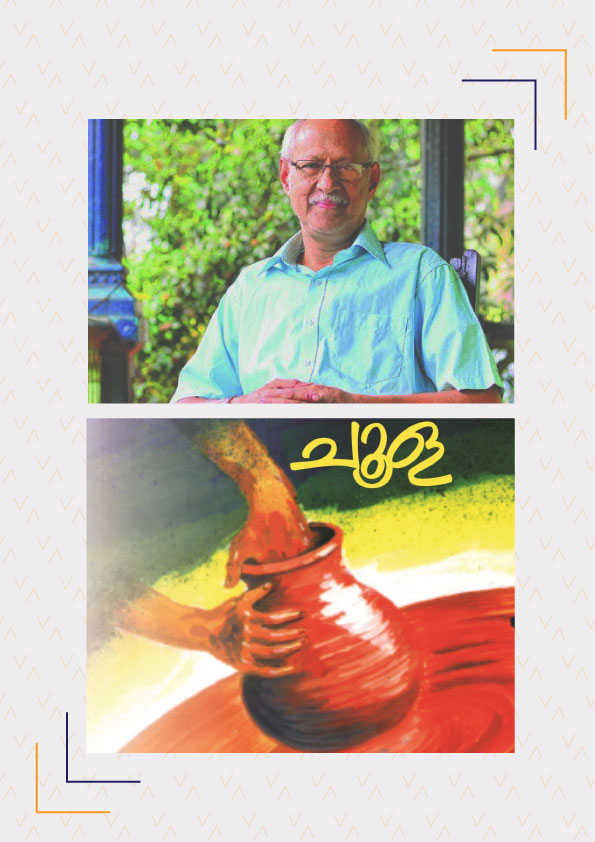
05
Saraswati Samman
The Saraswati Samman was instituted by the K. K. Birla Foundation in 1991. Although a private award, it gives a higher cash award of Rs. 15 lakhs as compared to the Government awards. It only awards writers in the 22 Indian languages recognised by the Constitution and does not include English. The award is not only for books published in the last one year but also considers works published in the last ten years, such as Oriya poet Ramakanta Rath’s winning poem Sri Radha, which was published in 1984 but won the award in 1992. The first awardee of the Saraswati Samman was one of India’s most celebrated poets, Harivansh Rai Bachchan. The most recent awardee was Mahabaleshwar Sail who won in 2016 for his Konkani novel Hawthan.
06
Tata Literature Live! Awards
Tata Literature Live! is an acclaimed literature festival which takes place in Mumbai every year. Along with the four-day celebration of literature, the festival also awards writers in seven different categories, including Best Business Book Award, Big Little Book Award (for children’s book), First Book Award, and the Book of the Year Award. Language is no bar for winning this award. In 2017, Girish Karnad won the Lifetime Achievement Award for his contribution to theatre. Other winners included Prayaag Akbar for Leila (First Book Award, fiction), Pranay Lal for Indica: A Deep Natural History of the Indian Subcontinent (First Book Award, non-fiction), Easterine Kire for Son of the Thundercloud (Book of the Year, fiction) and Pankaj Mishra for Age of Anger: A History of the Present (Book of the Year, non-fiction).
07
The DSC Prize for South Asian Literature
This award was instituted by the DSC Group in 2010. To be eligible for the prize, the novel or novella must be a minimum of 25,000 words, either written or translated into English, by an author from any country as long as the novel predominantly features themes based on South Asian culture, politics, history, or people. The award comes with a cash reward of US$ 25,000. The first winner was H.M. Naqvi for Home Boy, and in 2016, Anuradha Roy won for her novel Sleeping on Jupiter. The 2017 Prize has been awarded to Anuk Arudpragasam for his novel The Story of a Brief Marriage.
08
Hindu Literary Prize
Started in 2010 by The Hindu Literary Review, a property of the newspaper The Hindu, this prize is awarded for the best literary fiction written in English, by an Indian citizen. Full-length novels and short stories are both eligible, but the award focuses on adult literature, disbarring children or young adult fiction. Manu Joseph was the first winner of this award for his famous work Serious Men in 2011. In 2016, Kiran Doshi won the award for his novel Jinnah Often Came To Our House. The 2017 winner will be announced in January 2018.

Devanshi has been reading ever since she can remember. What started off as an obsession with Enid Blyton, slowly morphed into a love for mystery and fantasy. Even her choice of career as a lawyer was heavily influenced by the works of Erle Stanley Gardner and John Grisham. After quitting law, and while backpacking around India, she read books on entrepreneurship, taught herself web design and delved into social media marketing. She doesn’t go anywhere without a book.
She is the founding editor of The Curious Reader. Read her articles here.

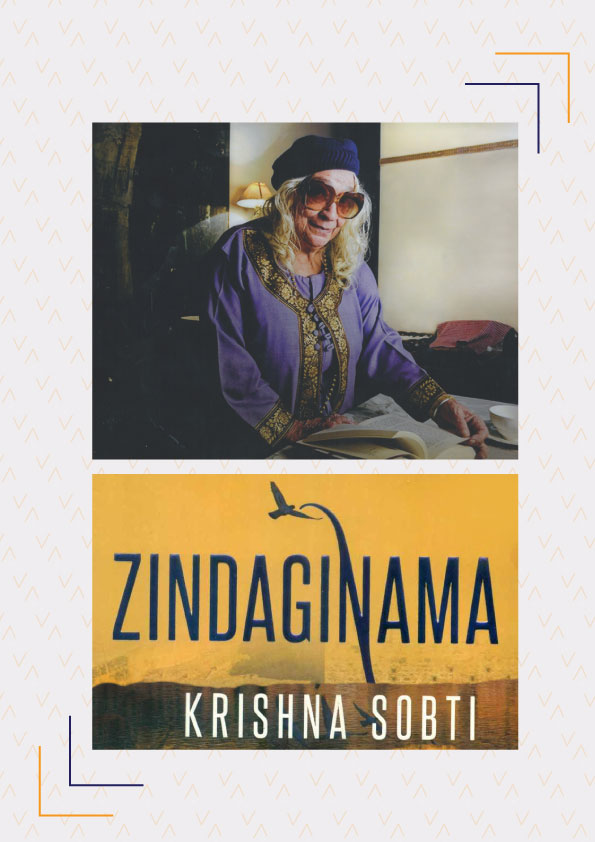

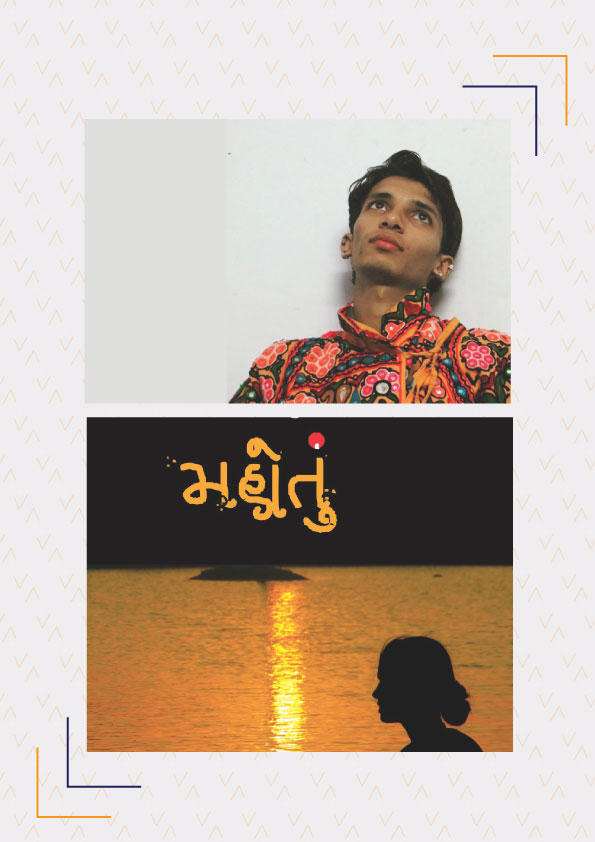
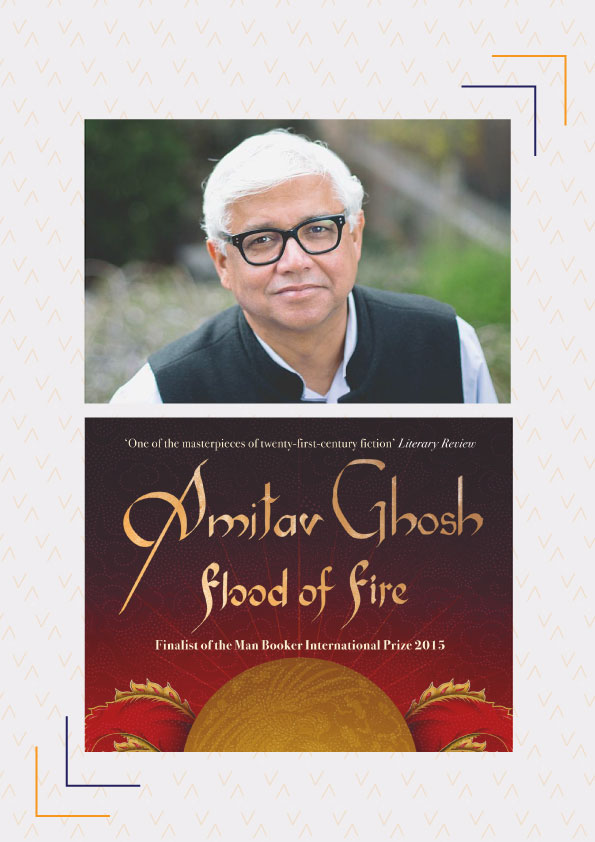
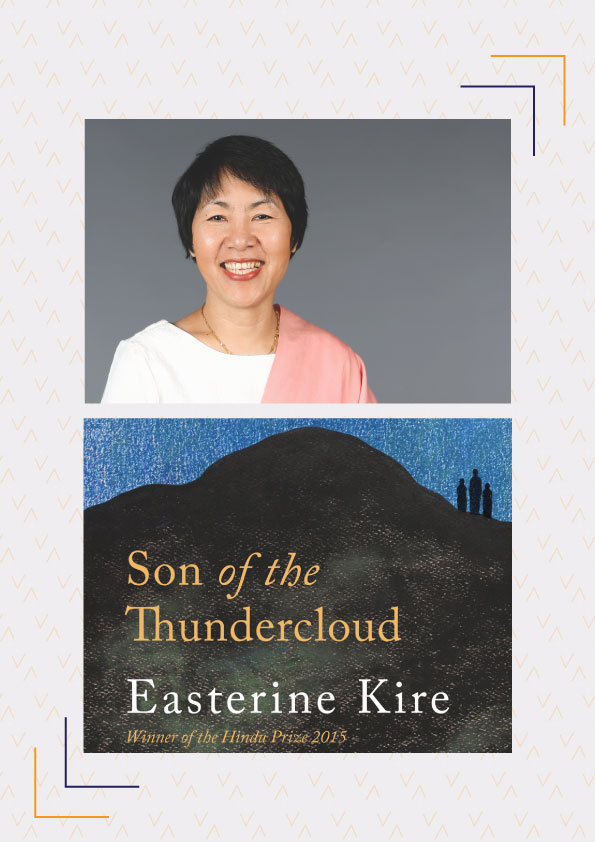
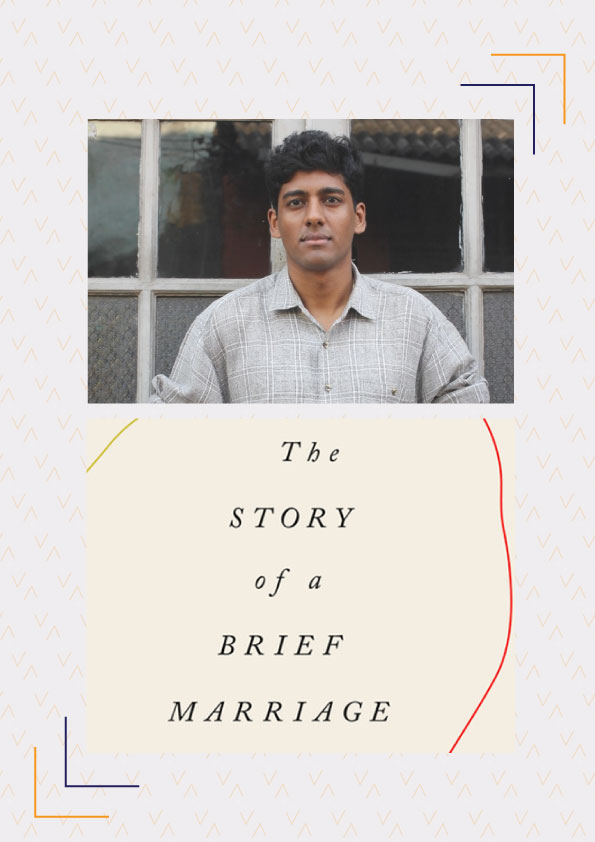
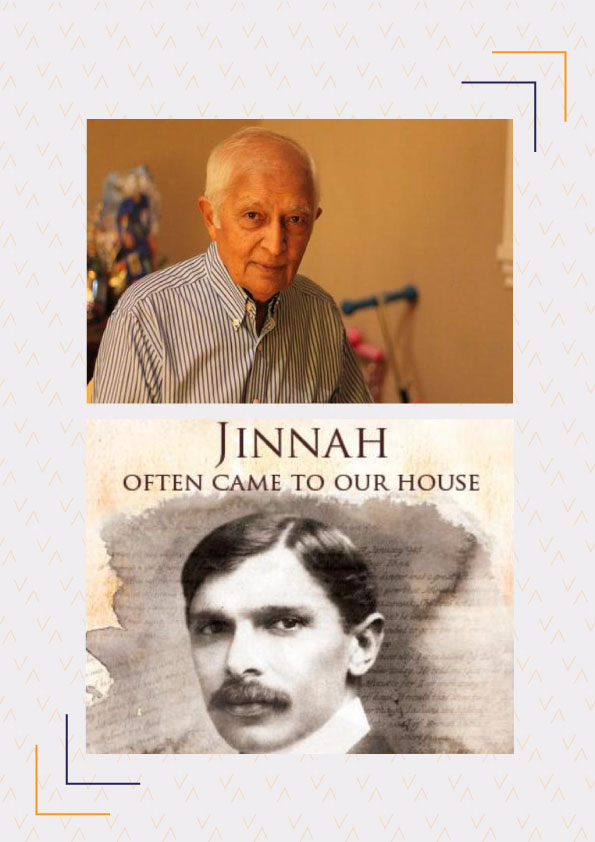


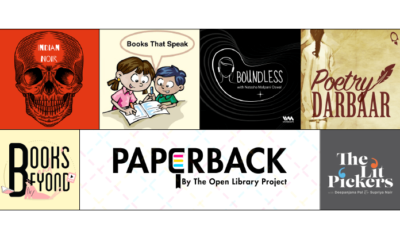
The author Niraj Srivastava of the international awards winning book ‘Daggers of Treason’ did not get due recognition in India. Although it won prestigious international awards like Beverly Hills Book Award( winner in multicultural section), runner up in London Book Festival and honourable mentions in many other, it did not get due recognition in India. The novel is based on life of Mughal emperor Khurram Shahjahan and is the first book of the series ” The Curse of the Mughal’. Brilliantly written the book has recently been picked up by Hollywood producers. Sad that Niraj Srivastava is still not recognised in Indian Literary world!You need to read his book to know his worth. More information can be gathered from his website http://www.nirajsrivastava.in
The author Praveen P Gopinath has written over 11 books and is a bilingual author. His book, ‘The Ravana Affair’ was truly mesmerizing and so was ‘People I See’, ‘God’and ‘The Meghanath Hunt.’ His writing is simple yet his words leave a mark on you long after you put down the book. He periodically updates his fan page with heart touching and sometimes humorous anecdotes https://www.facebook.com/incompleteman/
Should the novels be published by Indian Publications?
Hello. It depends on the award. We recommend you take a look at the guidelines posted by the respective awards.
Thank you for your comment.
How one can submit their book to consider for awards; when and whom, it is to be submitted
My wife has written Two books in English . how can she submit books for considerration of an award .She has sold more then 3000 books.
Hi Dharmendra,
Thank you for your comment. I recommend you look up the websites of the awards to find out the process for consideration.
Good luck!
I have penned down some stageplays in Hindi , some of which have received state awards ( Jammu and Kashmir) and national recognition also, performed by various theatre groups . I want my plays to reach some good platforms to be read by elite genre in the field so that I could get their feed back and guidance. Can you help
Hi Vikram. Thank you for writing to us.
Unfortunately, this is not in our scope. We wish you luck.
The award’s purpose is to recognize and promote excellence in Indian writing and also acknowledge new trends. The annual process of selecting awardees runs for the preceding twelve months. The plaque awarded by the Sahitya Akademi was designed by the Indian film-maker Satyajit Ray .
i liked the yuva puraskar.. its a great initiative specially for youngsters who have writing tallent